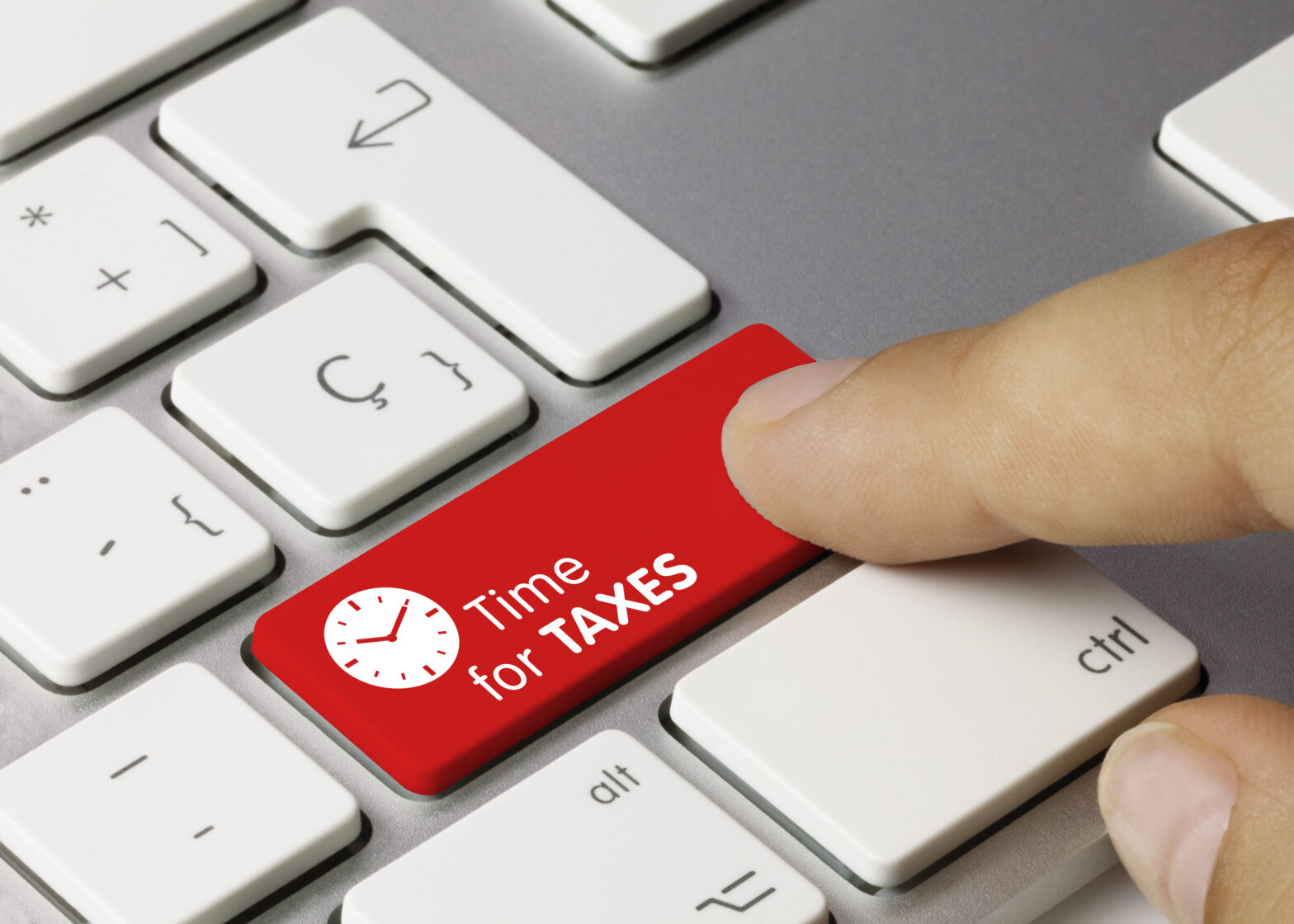The UK has one of the lowest tax gaps in the world, with the latest available figures (covering the 2015-16 financial year) showing a gap of 6 per cent between the amount of tax due and actually collected.
When these figures were first announced, HMRC was quick to herald the fact that this gap is at the lowest level in a decade, even if the overall figure of £34 billion reflects a slight increase on the previous tax year.
But how much lower can the tax liabilities figure go? If it is to fall, work will need to be done with Britain’s smaller and medium-sized enterprises. This group were responsible for almost half of the tax gap in both of the last two financial years (46 per cent both times), and last year they represented some £15.5 billion of the £34 billion total – a slight rise on 2014-15.
In contrast, large businesses are responsible for less than £10 billion (29 per cent) of the tax gap, despite accounting for 49 per cent of total turnover. Criminal activity accounts for £5.1 billion (15 per cent) while individuals cover the remaining 11 per cent (£3.6 billion).
So are SMEs more responsible than those big money corporations that are constantly in the news for apparently failing to pay their dues? It would appear so.
Why are SMEs so responsible?
Given big-name (and big-money) cases of recent years, with the likes of Amazon, Starbucks and Google coming under fire for the way they arrange their taxes, it’s perhaps surprising on first glance that SMEs are the biggest contributors to the tax gap.
But of course, large firms have the professional and financial expertise to ensure they are correctly paying the taxes they owe – not a penny less, crucially, but also not a penny more. In a number of the high profile cases cited, it has to be remembered that the companies were acting in a perfectly legal way and therefore not contributing to the tax gap.
That’s not to say that I believe smaller firms are regularly deliberately engaging in inappropriate behaviour. A recent AAT survey of licenced accountants suggested instead that poor financial skills within SMEs could be to blame.
This is supported by HMRC’s assertion that one of the key reasons for the tax gap is SMEs failing to take reasonable care. Only one in five small businesses in the AAT research said they had someone in a qualified finance role dealing with their day to day processes, which the accountants surveyed suggested could lead to potential average losses of £15,000 each year through poor planning, regulatory fines, and so on.
Therefore, in addition to poor record keeping, it could be that lack of knowledge around completing tax returns accurately, a failure to understand or recognise regulatory responsibilities, or simply not having the capacity to process their business in ‘real time’ could be the major reasons for SMEs failing to plug the tax gap.
With the growth in cloud accounting software, it will be easier for small businesses to be able to store their records digitally and thus be well equipped to provide regular tax returns, rather than scrambling around for old receipts once a year. As a result, their tax information (and most likely their overall finances) should be far more accurate and should largely need ‘soft-touch’ oversight from a finance expert, as opposed to being entirely human-driven.
Flagship scheme could provide solution
Fortunately, the solution may be just around the corner – and takes advantage of the rise in artificial intelligence, machine learning and cloud accounting. Making Tax Digital (MTD), the Government’s plan for making HMRC the most digitally advanced tax administration in the world, is looming large.
Despite the scheme for individuals being delayed due to the impact of Brexit-related work on the department, MTD for business remains on track. VAT-registered businesses with turnover of above £85,000 will need to file their VAT returns digitally from April 1st 2019, with all small businesses set to be affected by April 1st 2020.
For now, the government website can help small businesses deal with their traditional self-assessment tax returns. But in time, I believe one of the major benefits of MTD will be more accurate, real-time tax information for the regulators and SMEs alike to use, meaning the UK’s tax gap is set to take a further hit.
Brian Palmer is a tax policy adviser at AAT.





